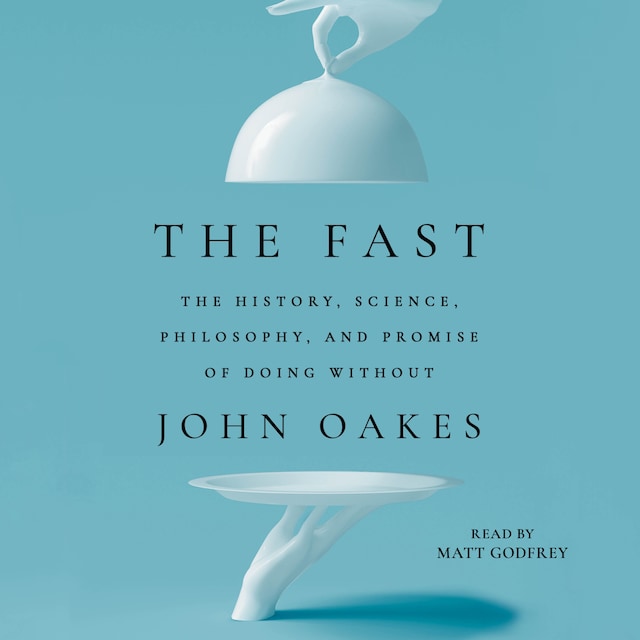
The Fast
The History, Science, Philosophy, and Promise of Doing Without
Description of book
With fasting at an all-time high in popularity, here is an enlightening exploration into the history, science, and philosophy behind the practice—essential to many religions and wellness routines.
Whether for philosophical, political, or health-related reasons, fasting marks a departure from daily routine. Based on extensive historical, scientific, and cultural research and reporting, The Fast illuminates the numerous facets of this act of self-deprivation. John Oakes interviews doctors, spiritual leaders, activists, and others who guide him through this practice—and embarks on fasts of his own—to deliver a book that supplies anyone curious about fasting with profound new understanding, appreciation, and inspiration.
In recent years, fasting has become increasingly popular for a variety of reasons—from weight loss to detoxing, to the faithful who fast in prayer, to seekers pursuing mindfulness, to activists using hunger strikes as protest. Notable fasters include Moses, Buddha, Jesus, Muhammad, Gandhi, George Washington, Abraham Lincoln, Emily Dickinson, Mark Twain, Cesar Chavez, and a long list of others who have drawn on its power over the ages and across borders and cultures.
The Fast looks at the complex science behind the jaw-dropping biological changes that occur inside the body when we fast. Metabolic switching can prompt repair and renewal down to the molecular level, providing benefits for those suffering from obesity and diabetes, cancer, epilepsy, cardiovascular disease, neurodegenerative disorders, and more. Longer fasts can both reinvigorate the immune system and protect it against damage. Beyond the physical experience, fasting can be a great collective unifier, and it has been adopted by religions and political movements all over the world for millennia. Fasting is central to holy seasons and days such as Lent (Christianity), Ramadan (Islam), Yom Kippur (Judaism), Uposatha (Buddhism), and Ekadashi (Hinduism). On an individual level, devout ascetics who master self-deprivation to an extreme are believed to be closer to the divine, ascending to enlightenment or even sainthood.
Fasting reminds us of the virtues of holding back, of not consuming all that we can. “Broad in scope and rich in insight” (Publishers Weekly, starred review), this book shows us that fasting is about much more than food: it is about taking control of your life in new and empowering ways and reconsidering your place in the world.
Categories:
Format:
Language:
English


